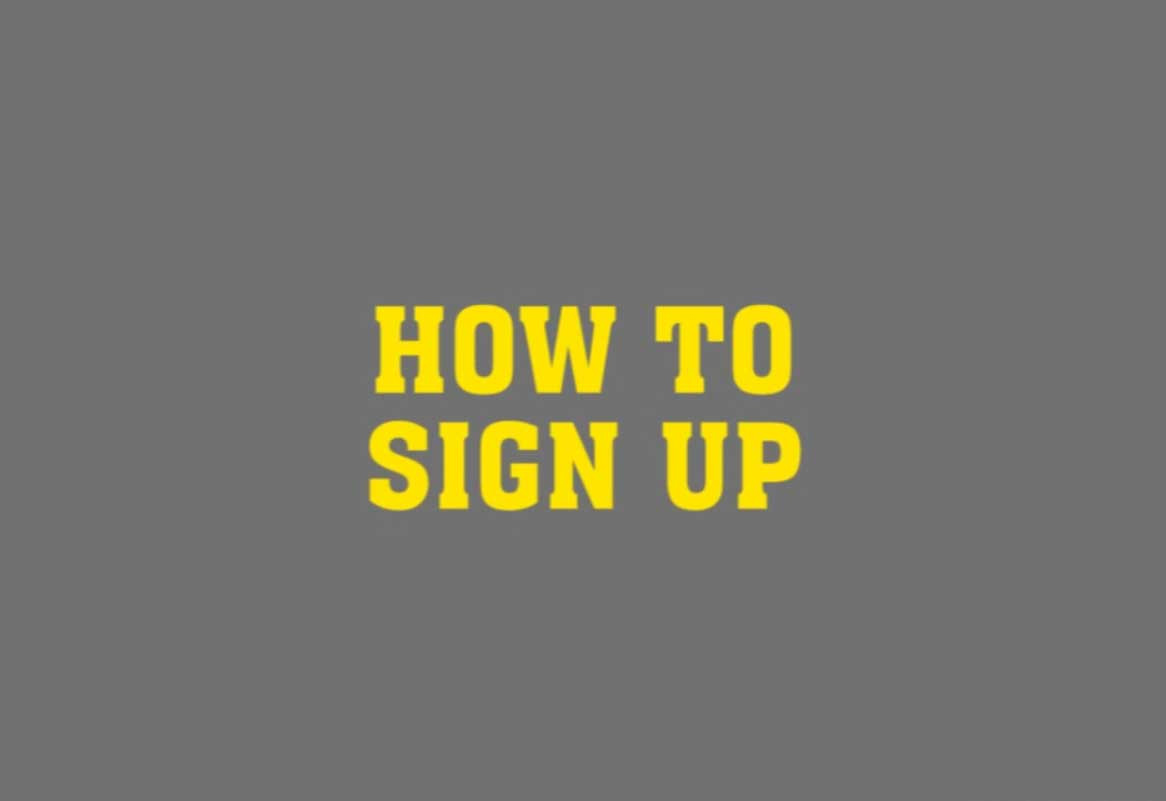 “How’s your focus?” It’s a question I’ve been wrestling with lately.
“How’s your focus?” It’s a question I’ve been wrestling with lately.
Last year my calendar was so full of very good things, but I was frequently exhausted and vaguely dissatisfied. (Well, not vaguely actually. It was a very pointed dissatisfaction with the amount of writing I finished on any given day.)
My children were grown and on their own. I had long ago given up time wasters (TV viewing, hanging on the telephone) and most hobbies (quilting, gardening), and yet…the struggle to write for quality periods of time persisted.
A Busy Blur
A recent sermon gave me a lot to think about. “Beware of living your life without focus,” he said. He talked about how often we substitute being busy for being focused. He finished by challenging us to really give this prayerful thought.
I wrote down his questions and applied them to my writing life:
- Do you know where you’re going?
- If you stay on the road you’re on, where is it leading?
- (And my own corollary question: Are you busy qualifying yourself for a writing life you don’t want?)
Pull Back for Better Focus
You may need to get an overview of how you spend your time before you can answer those questions. It can be an eye-opening exercise to keep track of your activities, hour by hour, for a week or two. For example, you might truly believe that you spend two hours writing every day, plus one hour marketing, and a fourth hour studying. [That’s what I thought I was doing.]
After keeping track, you might find you actually write twenty minutes, but stop frequently to check email. Your marketing hour might actually be spent reading about marketing methods, but not truly doing any marketing of your own projects. Your hour of studying the magazine article on character development might actually boil down to twenty minutes of study and forty minutes of reading ads or following related links.
Training for What?
You may dream of writing novels, but your time tracker might reveal that your writing time is eaten up by writing free newsletters for two organizations you belong to. Or, if you’re well published, you can’t say no when asked to write an endorsement or review of someone’s new book. (That may not sound like much, but reading the book takes several hours, and a well crafted review takes another hour.) Maybe you haven’t had time to work on your own novel for three days because you’ve been critiquing for other writers or writing guest blogs.
All these things make you feel like you’re furthering your writing career as a novelist–but are you? Or are you busy qualifying yourself for something other than your dream? You’re actually gaining experience as a reviewer, a critiquer, a blogger, and a newsletter writer. (Those are fine jobs, if that’s truly what you want to be doing in the long run.) But if you stay on this road–if you continue to spend a large chunk of your writing time this way–do you like where it will inevitably lead you?
Solution?
Beware the fuzzies! Know what your dreams and goals are. We all have our own criteria for choosing goals–and different methods to determine what we’re supposed to do with our writing gifts. (Prayer and journaling work best for me.)
Once you’ve decided, don’t be vague about how you intend to get where you want to go. And stop being an automatic “yes” to each request, no matter how flattering. You must live on a higher plane–above the constant demands for your time–and say “no” to things that don’t further those goals.













